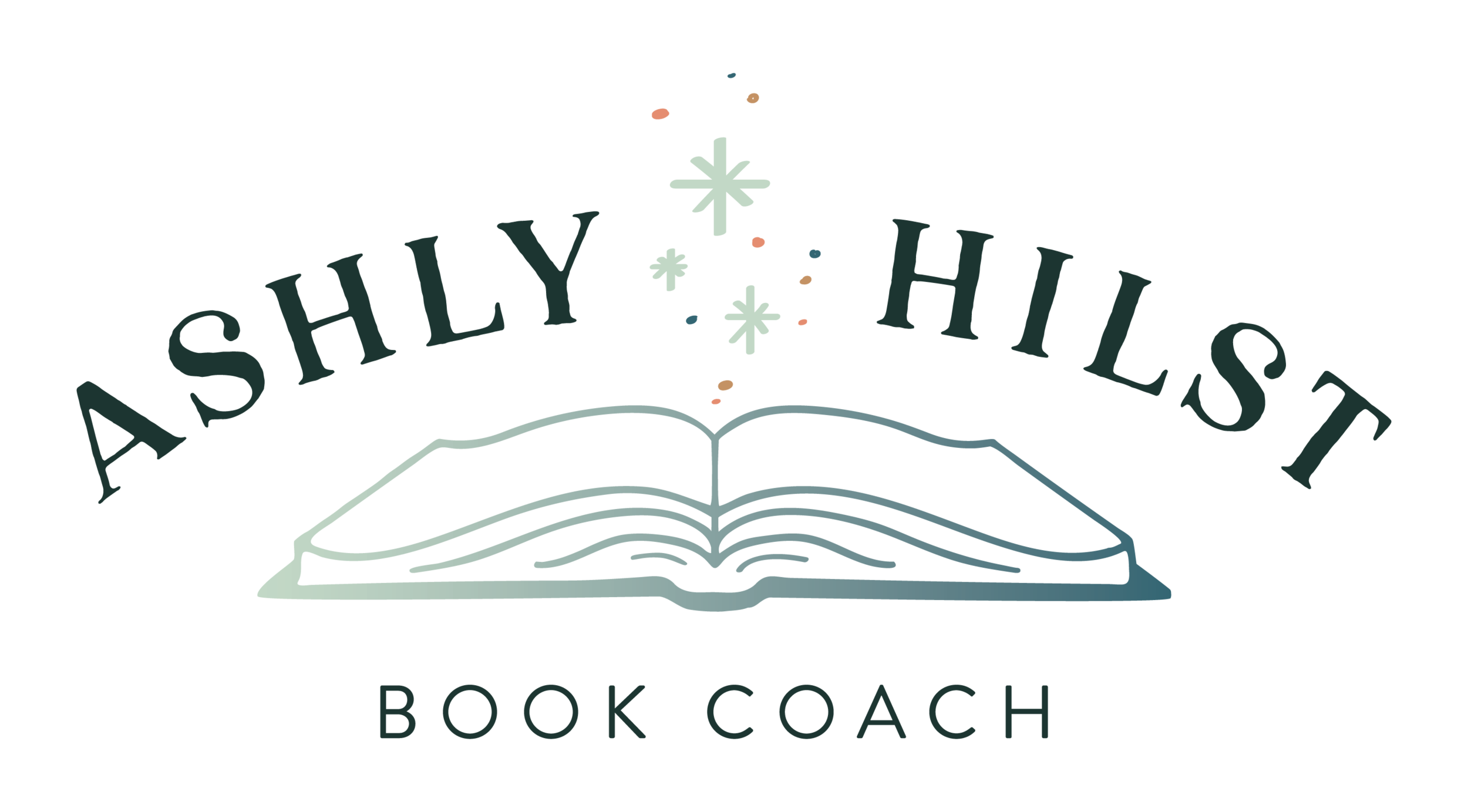Three Reasons to Work with a Developmental Editor
It can be tempting to throw words on a page, gloat over them-- "my precious!!" -- and then call it good. We post the blog, send the email, submit the manuscript and pat ourselves on the back for making great art.
I've been there and done that my friend. Here's what happened:
- I never published my work.
- No one read it besides me.
- When I did read it, I vacillated between feeling like the best writer in the world and feeling like the worst writer in the world.
- My writing stayed exactly the same.
Then something happened: I submitted a very clumsy first draft (that I thought was gold) and two very kind editors pounced on it. They patted me on the back; they told me my essay was far and away the best essay they'd received; then they tore it to pieces.
Sitting on my bed with my laptop on my lap and my essay in shreds, I tried to get my footing back. How could they both love my essay and want to change everything about it? How could they want to publish it if it needed so much work? Maybe I should stop writing forever and take up a different form of art--maybe I could be a professional colorer?
But instead of quitting, I slowly pasted my words back together, my editors gave me two enthusiastic thumbs up, and suddenly my words were out there for all the world to read. And I'd learned invaluable lessons about the craft of writing that I still use to this day. All because of good old-fashioned developmental editing.
In case this story wasn't enough to convince you, here are three reasons to hire a developmental editor:
1. Developmental editors help you grow as a writer.
Contrary to popular opinion, editors are not all grammar fiends maliciously wielding a red pen across the page with gleeful cackles. Editors, specifically developmental editors, do far more than fix your punctuation. Developmental editors help you structure your words, they provide clear, unbiased insight into what your words communicate to your readers, and they help spot patterns in your writing.
Developmental editors help you see your strengths and weaknesses as a writer clearly, without all the self-disparaging or self-congratulating that inevitably happens when left to our own devices. Only by seeing your strengths and weaknesses clearly can you help to grow as a writer.
2. Developmental editors see what we can't.
Imagine your nose is one inch from the television. You love the pretty colors and the blurry lines and you're pretty sure there is an amazing work of art right under your nose. A developmental editor sits at normal viewing distance and reminds you that you are actually watching your television's screensaver.
Because the developmental editor has proper distance and perspective on your words, they are able to identify which swirls of color need to stay, and which should be chucked, and they can also see clearly how readers will view your story. Together, you work together to create the work of art you knew was somewhere in there all along. By yourself, you will just keep looking at the pretty swirls.
The truth is, it doesn't matter if you are the world's most talented writer, every single writer lacks perspective on their own writing. It is impossible to have proper distance and perspective on your own work. That means even developmental editors need developmental editors.
3. Developmental editors save you time on revisions.
Working with a developmental editor early on in a project means that when you finish your draft, it is much higher quality than it would have been had you worked through it on your own. Again, it has to do with perspective and the timely feedback that developmental editors provide--getting you to do your best work the first time around instead the fifth or sixth.
Revision is a necessary part of writing, but getting a developmental editor in on the ground floor of your project enables you to catch and fix plot holes, emphasize themes early on in the drafting phase, and work on improving weaknesses in your writing style.
I sometimes still like to think of my writing as pure gold dripping straight from my heart to my hand, but I'm learning that such expectations and beliefs are actually false at best and damaging to my craft at worst. The more I write, the more I appreciate the editors in my life who have believed in my work enough to not heap empty praise on my head. Thanks to good, solid editors, I'm learning to coax out the diamond-in-the-rough buried deep in my words, instead of sitting in the dirt playing with rough stones and imaging they glitter in the sun.
XXXX
What has your experience with editors been like?

